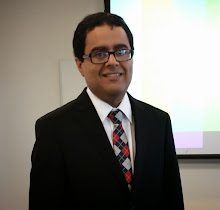As it is known that urban planning is based on the balance between three main elements are environment, economy, and society. The successful plan, which benefits from environmental sources (without depletion of the rights of future generations), meets the needs of the community, and has a good economic return, is reflected in the society. The existence of any defect in this system, whether in the interest in one of the elements at the expense of the other, or the inability to meet one of these needs will undoubtedly create a final product is not successful. Imposed harsh economic sanctions on the sources of the contaminated environment in the city will not be enough to preserve the environment without the presence of a system of "smart growth" depends on the utilization of available resources without damaging the environment and to achieve economic returns, which reflected positively on the society by using planning tools including incentives, regulations, and attract positive of public investments, and efficient use of the tax.
Global economy is Process that aims to unify the parts of the world economy and the elimination of barriers that prevent full freedom of trade, by increasing the size and type of trade, whether for goods or services, in addition to the movement of capital and technology between the various countries and an end to any intervention of the state in economic activity. Global economy depends on the integration of economic between all countries within the framework of a global economic system.



No comments:
Post a Comment